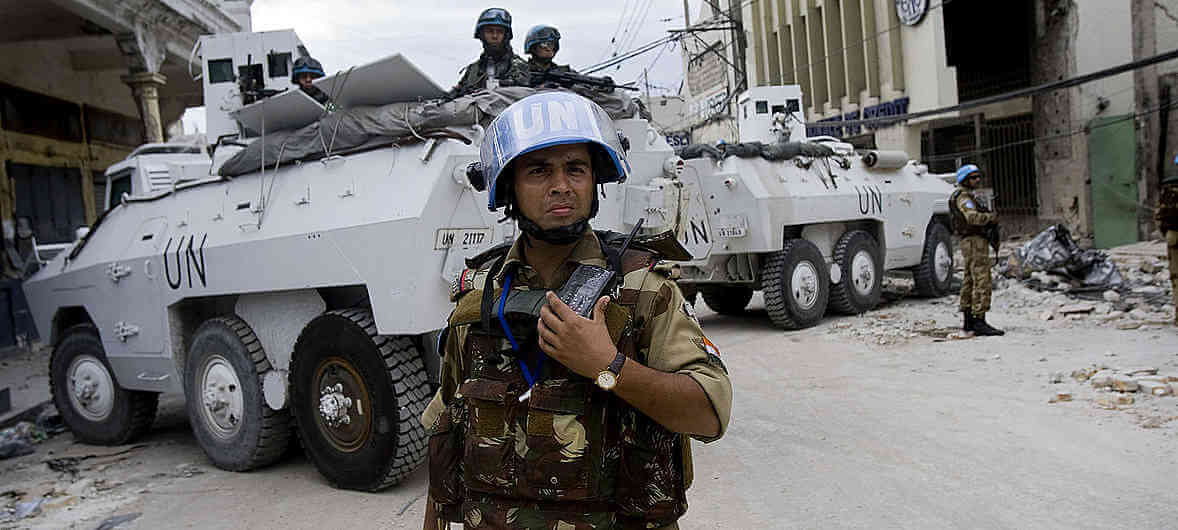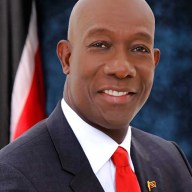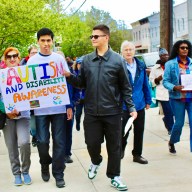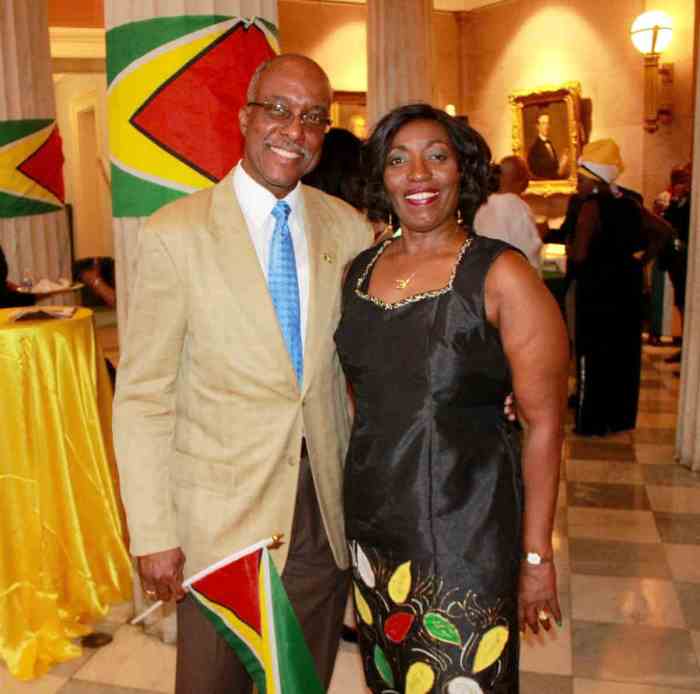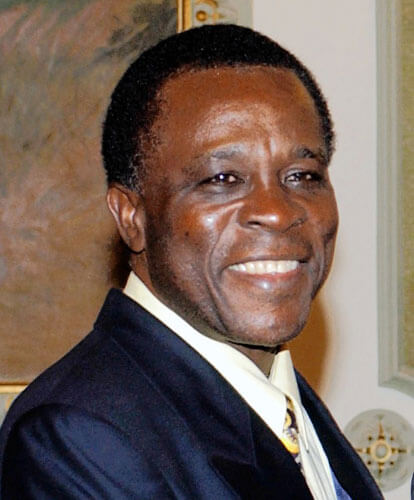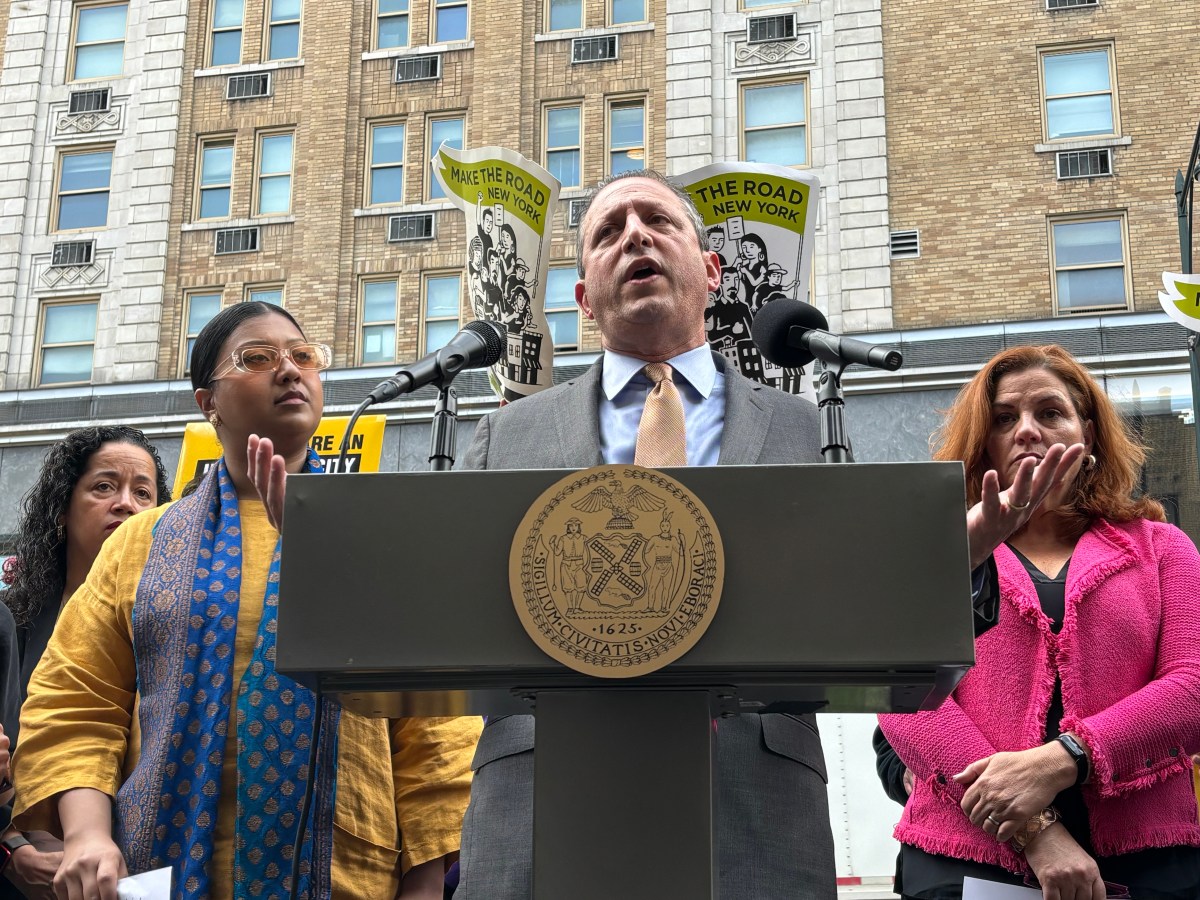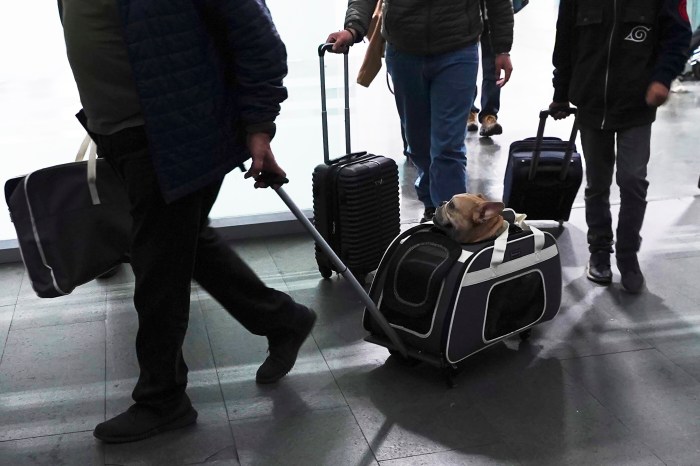A senior United Nations official is calling on Haitian authorities do more to prepare the French-speaking Caribbean nation for the planned withdrawal of the country’s UN peacekeeping mission, saying that the situation there remains “fragile.”
Bintou Keita, Assistant Secretary-General for Peacekeeping Operations, made the call on Thursday while presenting the UN Secretary-General’s report on Haiti to the Security Council.
The Secretary General’s report contains a review of the work of The UN Mission for Justice Support in Haiti (MINUJUSTH), the Government, and the UN country team and external partners, the UN said.
It said Haiti is preparing for the transition without a UN peacekeeping presence, scheduled to take place in October 2019.
Keita told the Security Council that several challenges remain, adding that “dedicated action must take place to ensure the transition is a success,” according to the UN.
These challenges, she said, include the violent protests that took place in July.
The UN said these were sparked by a Government announcement of fuel price increases, and included widespread looting in the capital, Port-au-Prince, as well as in other cities.
In that instance, the UN said MINUJUSTH assisted the Haitian National Police in protecting the civilian population, stating that “the crisis was quickly overcome.”
But Keita said the outbreak of violence, the worst seen in Haiti for several years, “demonstrates the current volatility of the security situation.”
In addition, she said, at a time when armed gangs continue to pose a threat, the number of police officers per 1,000 citizens has dropped to 1.32, making it clear that “dedicated intervention is needed if the development plan of the Haitian National Police is fully implemented.”
Keita said several targets have not been met, pointing out that a national action plan for human rights has not been implemented, a Permanent Electoral Council has not been nominated, and women are not represented in key state institutions.
The UN’s Assistant Secretary-General for Peacekeeping Operations said that “progress hinges on the adoption and promulgation of key rule of law legislation, including the criminal code,” according to the UN.
Keita said these problems must be addressed by “a fully-functioning Government.”
She added that MINUJUSTH has outlined a “clear political strategy for the transition, working in close cooperation with international partners.”
But, given the October deadline for the end of the UN’s peacekeeping role in Haiti, Keita stressed that the Mission, country team, Government and other partners, will need to “redouble their efforts” to make up for the time lost because of challenges that emerged from the July incidents.
She, however, expressed hope that the Security Council will continue to provide strong support to Haiti, according to the UN.


